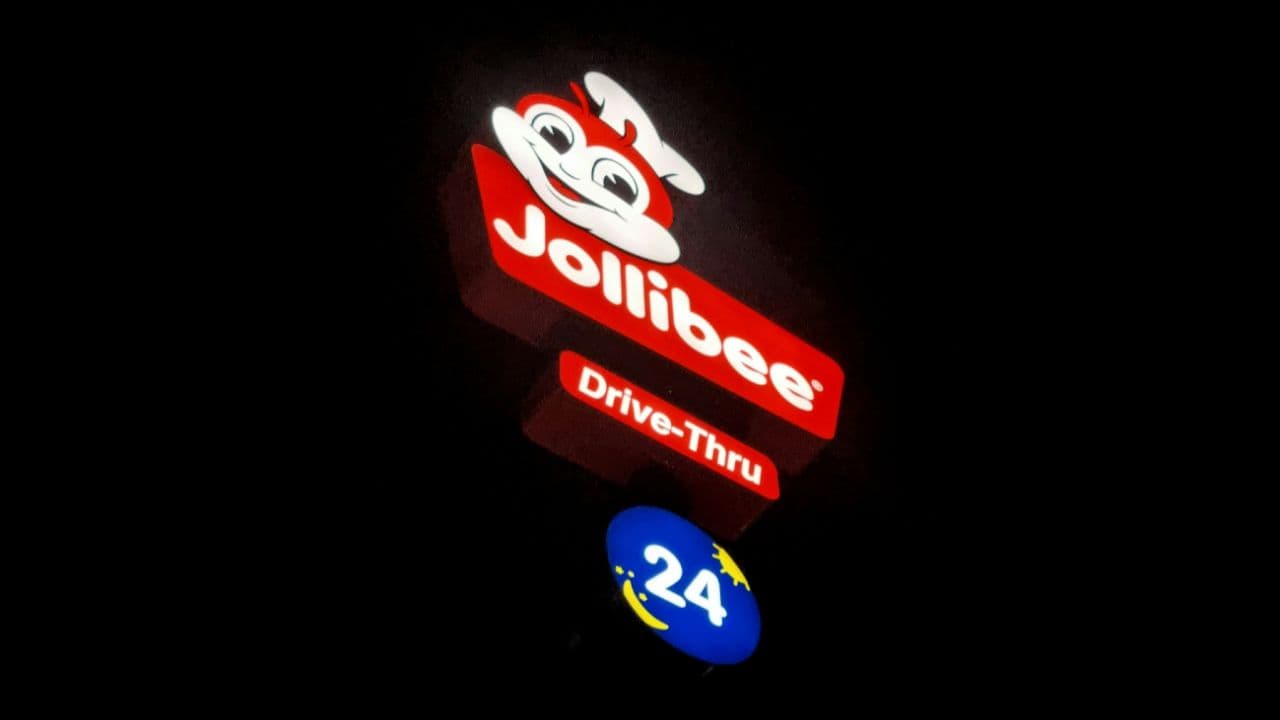
Photo by Micah Encarnacion on Unsplash
Jollibee & Compose Coffee Merger: What We Know
July 3, 2024
Jollibee has announced that it has purchased a significant stake in Compose Coffee, effectively initiating a merger between the two companies. Reports confirm that this is the popular fast-food chain’s largest acquisition by store count. Let’s take a look at what else we know about this latest bit of fast-food news.
Jollibee & Compose Coffee: A $340M Deal
Reuters is reporting that the largest fast-food chain in the Philippines, Jollibee Foods, will purchase the majority of Compose Coffee, a company based in South Korea, in a deal “valuing the target at $340 million.” The bulk of Jollibee’s future branches will be found abroad thanks to the company’s greatest acquisition in terms of the number of locations.
The fast-food chain said in a statement that its company Jollibee Worldwide Pte will purchase 70% of privately held Compose Coffee for $238 million, with its majority-owned Titan Fund taking a 5% stake. Elevation, a private equity group, will own the remaining 25%, according to the statement.
“This is a good move by Jollibee to further expand its global footprint and take advantage of attractive opportunities in promising markets,” said Juan Paolo Colet, managing director at investment bank China Bank Capital in Manila, in a statement provided to Reuters.
Jollibee, which outsells KFC and McDonald’s in the Philippines, is well known for its fried chicken, burgers, and sweet-style spaghetti. Nonetheless, the massive fast-food chain is also well-known in the U.S., particularly in places like New York and California where there are sizable Southeast Asian populations.
The corporation is making this kind of investment for the second time. Jollibee spent $100 million in 2019 to purchase the financially troubled Coffee Bean & Tea Leaf, a well-known coffee chain in California.
With 2,470 franchised locations, Compose Coffee boasts a debt-free balance sheet, strong cash returns, and profit margins, according to Jollibee, which will expand its global retail network to 10,000 as a result of the acquisition.
Is Fast Food Becoming a Luxury?
Despite this news, which promises a cost-cutting alternative to both brands, fast food is reportedly becoming a luxury in the United States, and specifically in California.
A shift in the sector has resulted from California’s decision to raise the minimum wage for fast-food workers. In order to cover the increased costs, restaurants have raised their prices. However, a franchisee in the state claims that this has led some customers to believe that fast food is turning into a “luxury.”
Brian Hom, the proprietor of two Vitality Bowls smoothie and Acai bowl locations in San Jose, speculated that the price hikes might be turning away customers.
“I’ve had some customers say: ‘the cost of going out is so high now, I’m looking to buy my own ingredients and make my own food at home because going out to a fast food has become a luxury’ versus ‘hey, I want to go get something to eat now,’” he said. “They have to think twice: ‘Am I going to be able to afford it or not?’”
Hom also claims that the prices at his two stores have already changed twice this year. When San Jose’s minimum wage increased from $17 to $17.55 an hour in January, he increased them by around 5%. On April 1, when the most recent increase went into effect in California, he increased them by another 5% to 10%.
The cost of fast food has increased nationwide in tandem with the pay increases for Californians who work in the industry. Consumer behavior has changed as a result of the pay increase and the pandemic’s inflation in food costs, raising concerns about affordability.
Concerns have also been raised by other fast-food franchises that raising costs to compensate for California’s new minimum wage would drive away customers.
Recent News
AI-Powered Bullet Vending Machines Debut in Oklahoma and Alabama
A new retail platform has emerged in Oklahoma and Alabama: AI-powered vending machines that dispense bullets. These machines, developed by American Rounds, are located in supermarkets and use advanced technologies like artificial intelligence and facial recognition to ensure buyers meet legal age requirements. Other than that, they operate like any other generic vending machine that would have normally stocked and dispensed toys, candy, snacks, drinks, and other similar fare.
Costco Must Pay $2M Over Misleading Flushable Wipes
Costco has agreed to a $2 million settlement in response to a class action lawsuit alleging the false advertising of its Kirkland Signature Moist Flushable Wipes. The lawsuit, representing customers who purchased the wipes in New York between July 1, 2011, and May 31, 2017, claims that the wipes were not actually flushable and instead ended up causing significant damage to people’s plumbing and septic systems.
Mod Pizza Rumored to Be Nearing Bankruptcy
Mod Pizza, a prominent fast-casual restaurant chain, is reportedly on the brink of filing for bankruptcy, according to sources behind the scenes of the company and news reports. It’s being speculated that the filing of court protection, if it does occur, might begin as early as one week from the onset of the bankruptcy rumors.
Tesla Unveils Optimus Robot at Shanghai AI Conference
At the World Artificial Intelligence Conference in Shanghai, Tesla introduced its second-generation Optimus humanoid robot. Despite being marking one of the few American AI innovations on display at the event, the Optimus robot drew significant attention. However, the Optimus humanoid robot remained encapsulated in a rectangular glass display case and was not turned on to showcase any of its functionalities.
